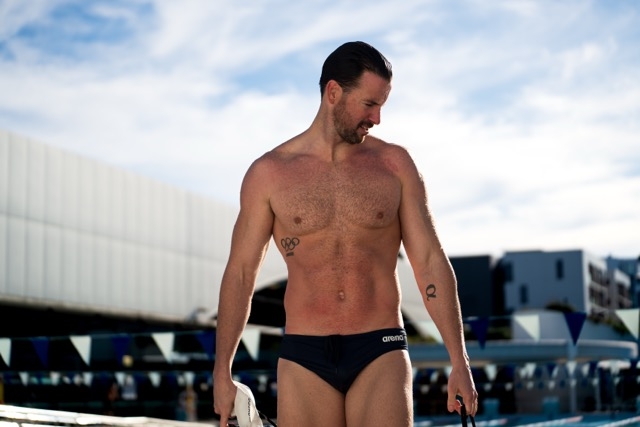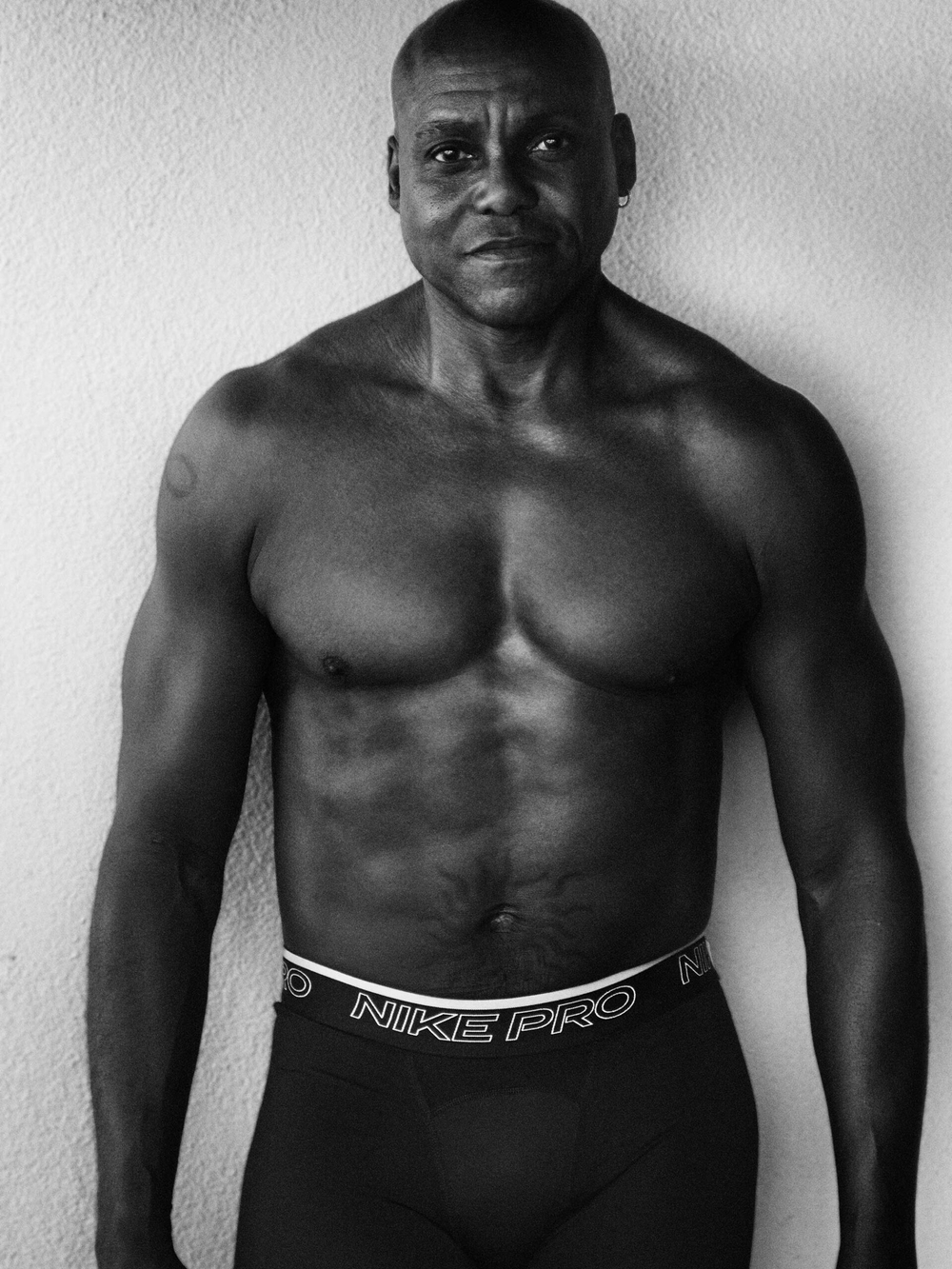
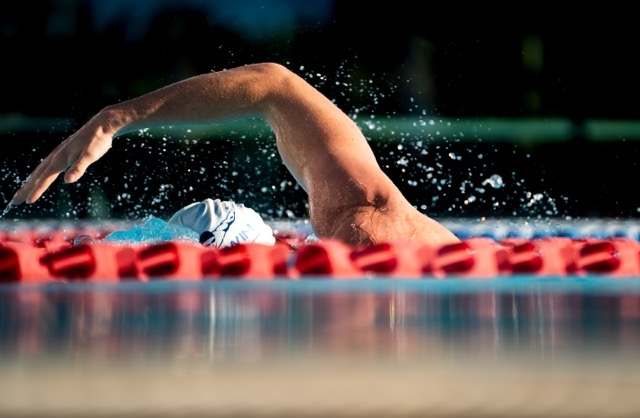
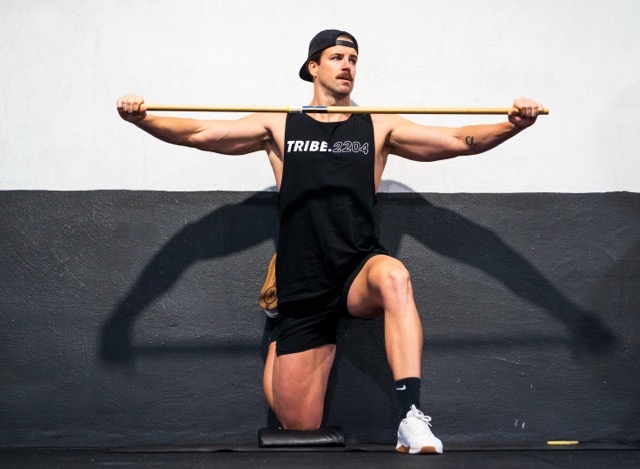
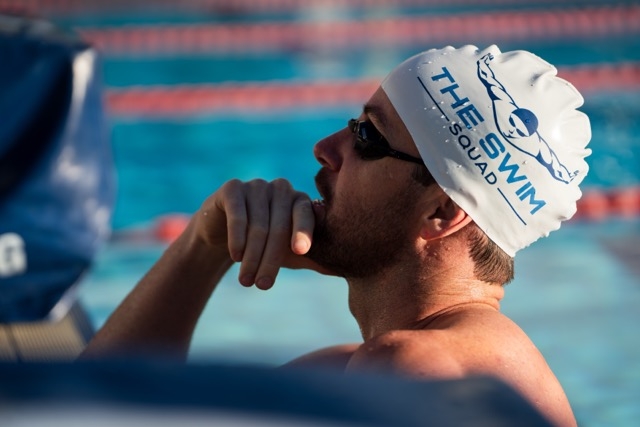

The Enhanced Games, a groundbreaking event that redefines athletic competition by embracing performance enhancements and cutting-edge sports science, was co-founded by entrepreneur Aron D’Souza and investor Christian Angermayer. Supported by tech billionaire Peter Thiel, who joined as a major backer, the Games challenge traditional ideals of “natural” athleticism by creating a platform where athletes can reach peak human capabilities through scientific enhancements. This collaboration between D’Souza, known for his disruptive ideas, and Angermayer, a prolific investor with interests in biotechnology and mental health, has attracted widespread attention. Together, they are positioning the Enhanced Games as a bold alternative to traditional sports competitions, sparking interest from athletes, brands, and cities eager to be part of this new paradigm.
For James Magnussen, an Olympic silver medallist and former world champion swimmer, the Enhanced Games offer an unprecedented opportunity. Having retired from competitive swimming, he’s making a bold return with a $1 million prize on the line if he breaks the 50-metre freestyle world record. In an interview, Magnussen expressed his motivation:
“The opportunity to be an elite athlete again…the inherent drive in any athlete to want to be the best in the world (in this case history). Since signing on to compete and taking up training full-time again, I can honestly say I’m the happiest I have been in my life.” — James Magnussen

Divergent Opinions and Bold New Directions
The Enhanced Games have sparked excitement and controversy alike. Traditional sports leaders have been openly critical, with World Athletics President Sebastian Coe describing the Games as “moronic” and warning that athletes who participate could face lengthy bans. Coe noted, “It’s not going to be a page-turner, is it?” The World Anti-Doping Agency (WADA) also condemned the event, calling it “dangerous and irresponsible.” D’Souza and Angermayer, however, argue that the Enhanced Games put athletes’ safety first, with extensive medical screenings and health monitoring to ensure responsible enhancement use.
Magnussen, aware of the controversy, encourages the public to make up their own minds.
“It’s not up to me to manage people’s perceptions,” he said. “I encourage everyone to form an opinion on the games, just do some background reading on both the games and the current state of clean sport. Whether people like the concept or not, everyone will be watching.” — James Magnussen
In encouraging people to research and reflect on enhancement in sports, Magnussen may be highlighting the complex and sometimes inconsistent approaches to performance-enhancing substances in traditional sports. For example, athletes with certain medical conditions, such as asthma or ADHD, are permitted to use treatments that may include banned substances like inhalers or stimulant medications—enhancements that could improve their performance. Such cases illustrate that enhancement, in some form, is already present in conventional sports, albeit selectively permitted. This point invites further reflection on how society views and manages enhancements, raising questions about what constitutes a fair or unfair advantage in athletics.
Behind the Scenes: Brands and Cities Competing to Join
With Thiel’s financial backing, along with Angermayer’s and D’Souza’s vision, the Enhanced Games have attracted substantial interest from major brands and global cities, each eager to align with this pioneering event. Brands are reportedly in discussions about sponsorship, with industry insiders watching closely to see which will be the first to publicly endorse this radical new sports platform. Cities are also vying to host the inaugural Games, recognising the potential for the Enhanced Games to captivate audiences worldwide and reshape the concept of spectator sports.
Shaping the Future of Sports and Human Potential
The Enhanced Games represent a broader shift, as Magnussen sees them as a “market disruptor for swimming,” envisioning a future where athletes have “options of who they want to compete for and how they want to shape their performance.” This concept resonates with the transhumanist ideas championed by futurists, suggesting that technology can help humans surpass biological limits. With enhancements, athletes at the Enhanced Games are encouraged to redefine physical capabilities, potentially setting a new standard for both sports and human achievement.
“Athletes in the future will have options of who they want to compete for and how they want to shape their performance.” — James Magnussen
With anticipation building for the first Enhanced Games, Magnussen’s journey is capturing the world’s attention, and cities are clamouring to host this unprecedented event. Backed by Thiel’s investment and growing interest from global brands, the Games represent a new frontier in sports, inviting athletes to pursue excellence unbound by traditional restrictions. Whether embraced or contested, the Enhanced Games promise to inspire fresh perspectives on what it means to be the best in the world.


Pioneering Enhanced Athletes
Magnussen’s early commitment to the Enhanced Games has positioned him as a trailblazer, with the Games’ first official cohort of “Enhanced Athletes” set to be named in 2025. Returning to competition has meant adopting a new training regimen focused on strength and mobility.
“Training has been going great. My body feels rejuvenated after my years out of the pool,” he shared, adding that once enhancements are introduced, he expects to train “at a higher intensity more frequently.” With his eyes on the 50-metre world record, he aims to “become the fastest man in history.” — James Magnussen
